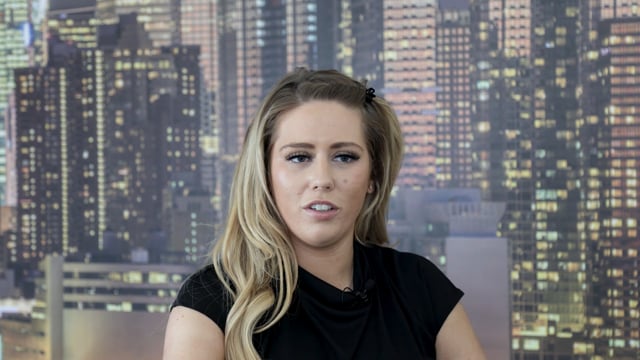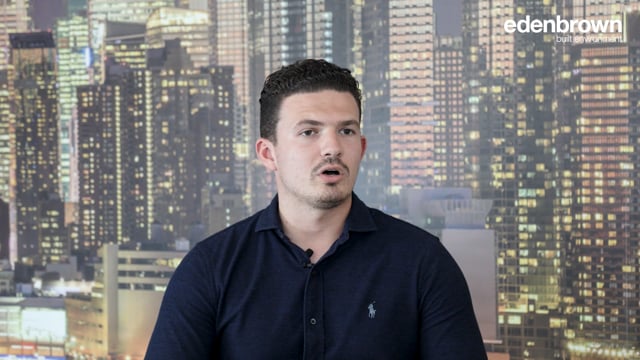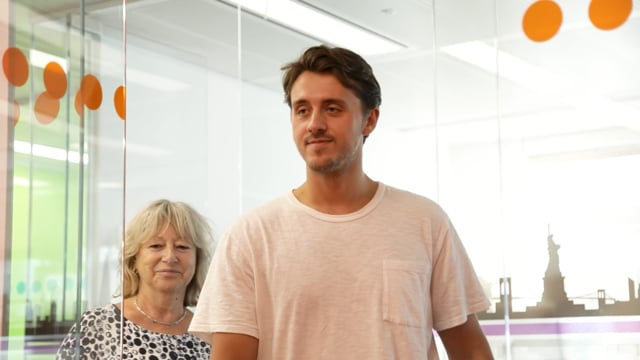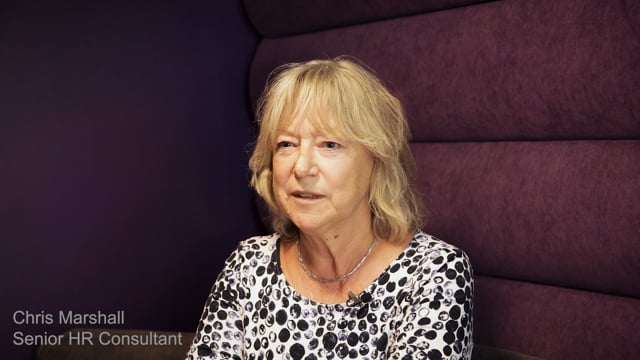Media Hub
Recruitment Insights Videos
-
 Interview Tips - Part 1
Interview Tips - Part 1How to deal with being asked a strange question at an interview
03.18.2025
105 Views
-
 Interview Tips - Part 2
Interview Tips - Part 2Best question to ask at an interview from Candidate perspective
03.18.2025
107 Views


